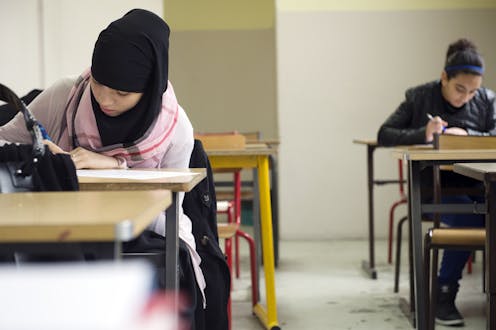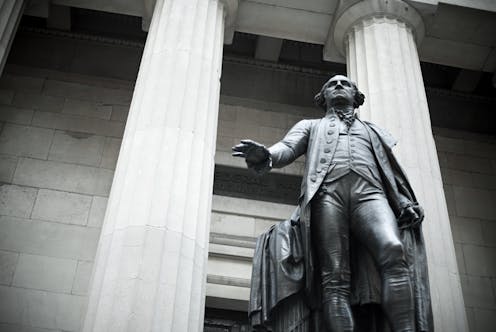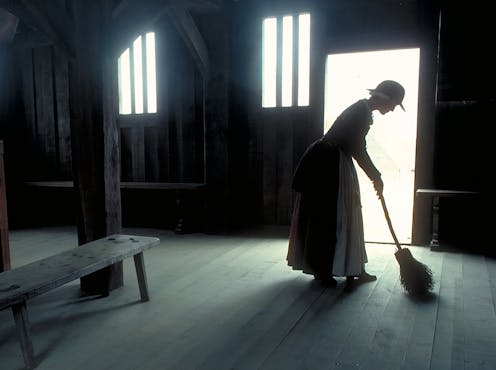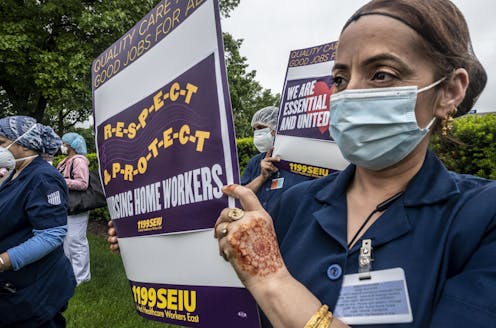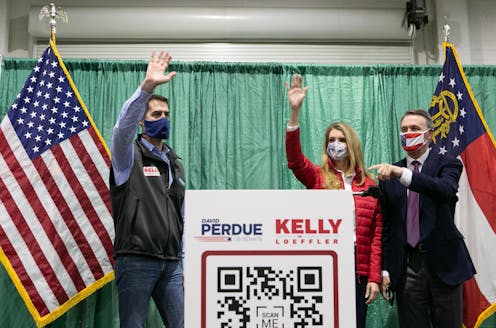Kids as young as 3 years old think YouTube is better for learning than other types of video
- Written by Brenna Hassinger-Das, Assistant Professor of Psychology, Pace University
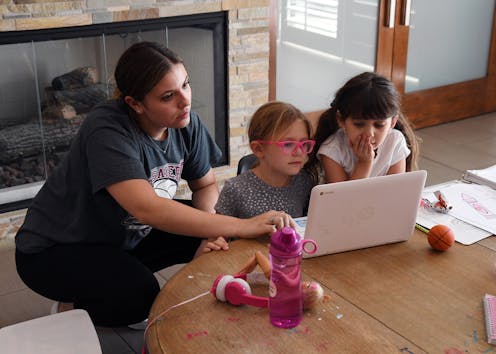 Many children stuck at home during the pandemic are watching more YouTube videos than ever, for both entertainment and education.Ethan Miller/Getty Images
Many children stuck at home during the pandemic are watching more YouTube videos than ever, for both entertainment and education.Ethan Miller/Getty ImagesThe Research Brief is a short take about interesting academic work.
The big idea
Young kids believe that YouTube videos are better for learning than TV shows or videos created on a...


